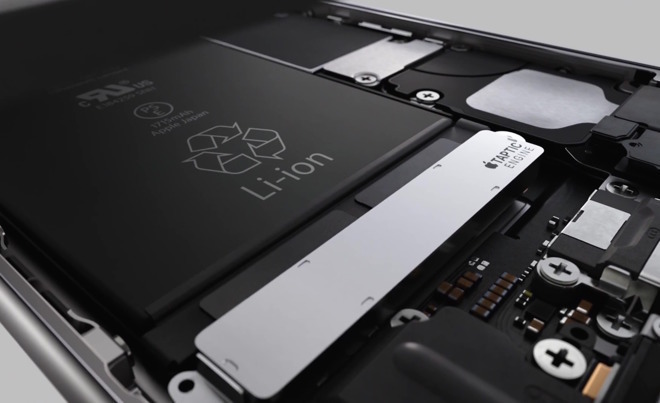
A number of lawsuits have recently been targeted at Apple for allegedly slowing down processors on older iPhone’s for the purpose of improving battery life without explicit user consent. Users argue that the messages they received for these updates were misleading, and were not informed that their phones would be slowed down. Apple recently filed a motion to dismiss the lawsuit, claiming that they cannot be found liable as providing updates to the iPhone is similar to a building contractor updating/remodeling a kitchen. They also argued that plaintiffs are incorrect for stating that they “did not give permission” slow their phones down and provided proof they in fact did, via the iOS license agreement.
While this specific case only affects individuals who own older iPhone’s and take issue with the aforementioned update, it does fall under a much broader controversy within the tech industry: do we really own our own devices? When people purchase physical devices, they tend to believe that they own that device and can do whatever they want with it. However, more and more, manufacturers are starting to view smartphones and other devices as “portals” to use services, in a similar way to cable companies who own the cable boxes that people have within their homes. Companies are legally required to inform users what they can and can’t do with their devices, but many times this information is buried away in dense “User Agreement” contracts and obscured in legalese. Apple is using their own license agreement as proof that they are not liable for iPhone slowdowns in this very case.
What does this say about the future of smart devices? Where does society draw the line and what manufacturers can and can’t do with devices that were purchased by consumers? Can companies continue to add more and more permissions within their user agreements, or is it unjust to make it as difficult to discover and understand as possible? Or is it on the responsibility of the user to read and understand everything before agreeing to use a device?
Sources:
https://www.theregister.co.uk/2019/01/28/apple_iphone_batteries/
https://appleinsider.com/articles/19/01/30/apple-compares-ios-updates-to-kitchen-renovations-in-motion-to-dismiss-iphone-slowdown-lawsuit
This trend in smartphones not being “owned” by the end user will continue. It is better for the businesses involved to keep people upgrading both the physical devices as well as upgrading to newer software. Although I see this trend continuing, I think companies should absolutely do a better job of informing that final customer. Similar to the credit card industry where they are required to use common language to explain their terms, tech companies should be put under that same regulations. This will go far in allowing the end consumer to make an informed decision into what they are purchasing
I remember the public backlash from iPhone users when their devices began slowing down after downloading an IOS update, but I had no idea the justification for Apple doing so was hidden in the license agreement. This is highly unethical on Apple’s part. The fact that Apple justified these actions in the license agreements is a slap in the face to iPhone users since the company knows consumers do not read the details of the agreements. It was purposefully executed deceit.
I believe that through this deceit, Apple has already crossed the line of acceptable behavior drawn by society. Thanks to Apple, public awareness of planned obsolescence has sparked a movement in governments to ban such behavior and hold accused companies accountable.
In addition, I like your comparison of smartphones to cable boxes as mere portals that provide a service to a consumer. It’s interesting to think that I am not buying my phone, I am buying the services and capabilities my phone may provide. This makes me wonder if buying a phone from Apple or Android for $1000 is really worth it if it provides the same services as a much cheaper alternative.